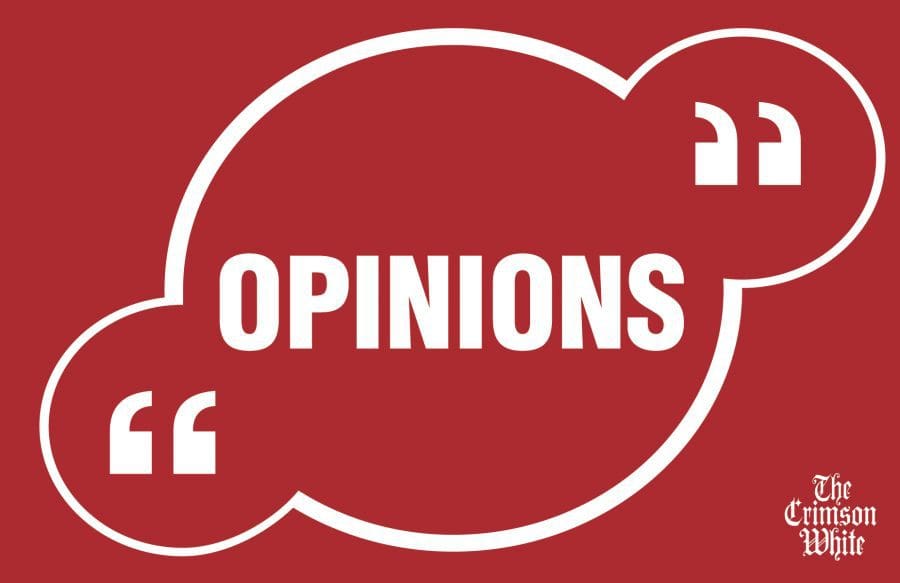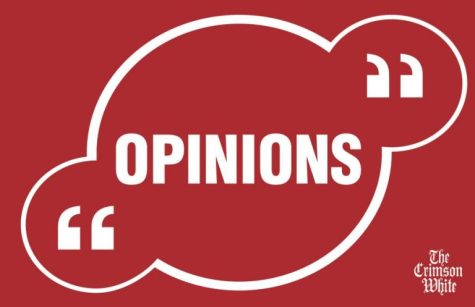Opinion | Appropriating diversity is disingenuous
June 9, 2021
Much as white audiences adopt and appropriate slang from Black culture until it loses its original meaning, we are in the midst of another type of erasure, one that preaches progress but practices regression.
While organizations on and off campus scramble to make themselves more diverse, inclusive and equitable, they are actually obscuring the very bodies and minds they aim to highlight.
They do so by taking the vocabulary reserved for discussing intersectional issues and using it to describe other — mostly unrelated — things, which robs diversity, equity and inclusion initiatives of their power.
Language has immense impact. It is humanity’s primary means of expression. If those in the dominant culture steal the language others use to describe the characteristics that separate them from the dominant culture, they cripple minorities’ ability to express themselves — and more importantly, to express their dissent. They perpetuate the very same inequity that they claim to combat.
In the fall of 2020, Alpha Kappa Psi’s Alpha Rho chapter hosted a virtual diversity, equity and inclusion panel. To their credit, they were one of the first large student organizations on campus to even attempt to host such an event. The intent of their panel was admirable, but good intentions cannot justify poor execution.
Unintentionally, Alpha Kappa Psi stumbled into the issue of misappropriating diversity vocabulary until it lost its power and meaning. Every trace of this event has been erased from their website and social media, pointing to the possibility that even their leadership recognized its own shortcomings. The event was hosted entirely by students, revealing the truly harmful nature of a lack of expertise.
Diversity, in a social context, usually refers to the presence of a variety of people. However, this variety, when applied inappropriately, may comprise any one person’s intersectional identity.
Identity does not exist in isolation. It is a complex concept that draws from many facets of the human experience. Diversity, in practice, should mean the presence of people of different genders, races, ethnicities, socioeconomic statuses, physical abilities, ages, immigration statuses, sexual orientations, religious beliefs and military statuses.
At the panel hosted by Alpha Kappa Psi, however, one of the panelists was included due to his unique music major, making him a “diverse” member. It is a disservice to the minority members of this organization to make such a claim.
Appropriating diversity manipulates its definition to mean any small difference between people. Diversity should not be reduced to small details that make each person unique because the area of diversity, equity and inclusion is meant to be a study through which we understand the systemic issues that pervade society.
If we allow identifiers like majors to be a part of the conversation about diversity, we distract from discussions about systemic discrimination and inequality to discussions of mere personal differences. This limits the ability of any organization to engage in meaningful work toward inclusion. It fails its own members whose intersectional identities make them subject to discrimination.
In contrast, the Student Government Association did the more difficult work of facilitating uncomfortable conversations and teaching the student body — with the help of faculty, staff and experts — about the way identity shapes and defines many of our experiences.
Sitting with discomfort is important to this type of work because change does not happen from the comfort of the status quo. Acknowledging the need for diversity is not enough to build sustainable equity in absence of real and meaningful action.
The SGA worked closely with G. Christine Taylor, the vice president and associate provost for diversity, equity and inclusion, to organize their DEI certification process. Drawing on this expertise, the SGA hosted a conversation with Jane Elliott with Taylor’s invitation and blessing.
While uncomfortable for some students, the conversation resonated with others who don’t often hear their experiences voiced on such a scale. Elliott was perfectly poised to speak at this event because her life’s work has been combating racial discrimination since 1968, the year she first performed her now famous “blue eyes, brown eyes” exercise.
Elliott spoke to the pain of discrimination and the frivolity of the delineations people make to separate themselves from one another, opening the door to a greater understanding of diversity on campus.
The event with Elliott was just the beginning. It enacted the kickoff to the DEI certification process hosted by the SGA, inviting further events rather than hosting one in isolation.
These events reveal that students should be consulting with faculty, staff and other experts if they are to host DEI events. Without expertise, students risk creating events that present a hollow and inactionable version of this topic.
By consulting knowledgeable figures, students can avoid the pitfalls of a solely student-run affair like the Alpha Kappa Psi panel. If diversity on campus is going to work, it has to be done in the right way.
Students ought to enlist the help of expert partners when endeavoring to host diversity, equity and inclusion events or to create initiatives within their organizations. Having real experts host panels and lead difficult conversations allows students the opportunity to become educated in the topic and engage with it on a more substantive level.
These resources will ensure accuracy and will allow students the chance to explore new perspectives in a safe and inclusive environment. A stronger foundation for these events allows students to leave knowing that they are prepared to navigate a diverse world.
Editor’s Note: Simone Shadd previously served as the internal affairs coordinator for the SGA, .










